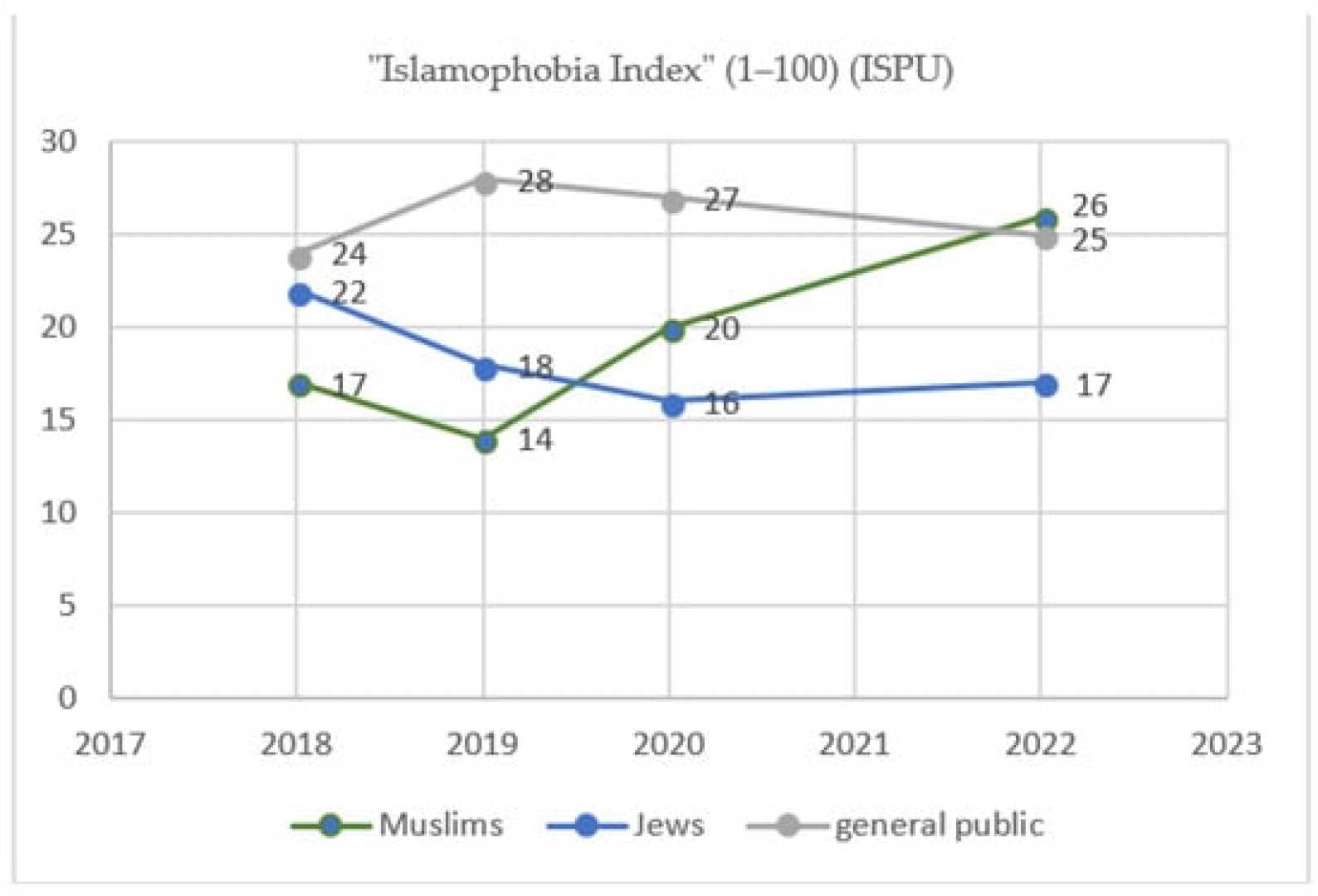News
Austria Study Reveals Rise in Antisemitism, Widespread Islamophobia

A new study conducted by the University of Vienna, titled “Was glaubt Österreich?” (What Does Austria Believe?), has revealed a concerning rise in antisemitism and widespread Islamophobia across the country. The study, part of an ORF project of the same name, surveyed 2,160 residents aged 14 to 75 between April and May 2024, shedding light on shifting religious attitudes and persistent prejudices.
According to the findings, 39% of respondents believe Christian and Islamic values are incompatible, while 31% support restricting the religious practices of Muslims. Antisemitic attitudes were also prevalent, with 39% agreeing that “Israelis treat Palestinians similarly to how Germans treated Jews during World War II,” and 38% stating that Jews receive “too much attention from Austrian politics.”
Regina Polak, a sociologist of religion and co-author of the study, emphasized that both antisemitism and Islamophobia serve as mechanisms to scapegoat minority groups during societal crises. “Jews are often portrayed as overwhelmingly powerful, while Muslims are depicted as inferior and incompatible with Christian culture,” Polak explained. She noted that these prejudices are more pronounced in areas with little direct contact with Jewish or Muslim communities.
The study also highlighted the role of education in combating these biases. While higher education levels correlate with reduced antisemitic and Islamophobic attitudes, Polak stressed that education alone is insufficient. “Emotional education and greater societal participation of minorities are crucial,” she said, adding that institutions must take a more active role in addressing these issues.
The Islamic Religious Community in Austria (IGGÖ) responded to the study by criticizing recent remarks from Johanna Mikl-Leitner, governor of Lower Austria, who initially called for a “fight against Islam” before clarifying she meant “political Islam.” IGGÖ President Ümit Vural condemned the statement, arguing that it reflects the broader tendency to blame Muslims for societal problems.
The full results of the study are set to be published in spring 2025, offering further insights into Austria’s evolving religious landscape and the challenges of fostering inclusivity in a diverse society.












